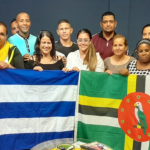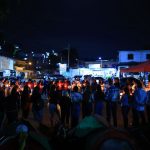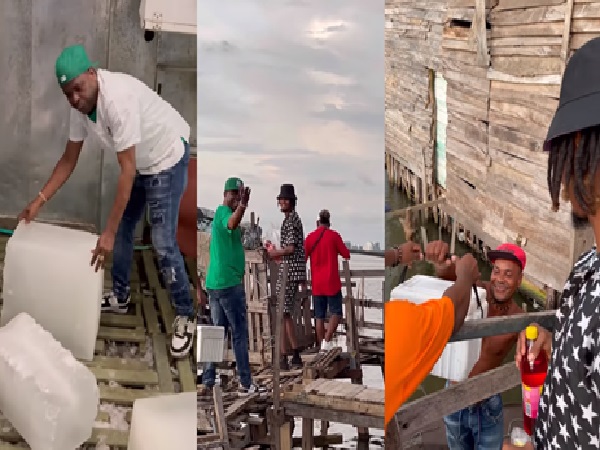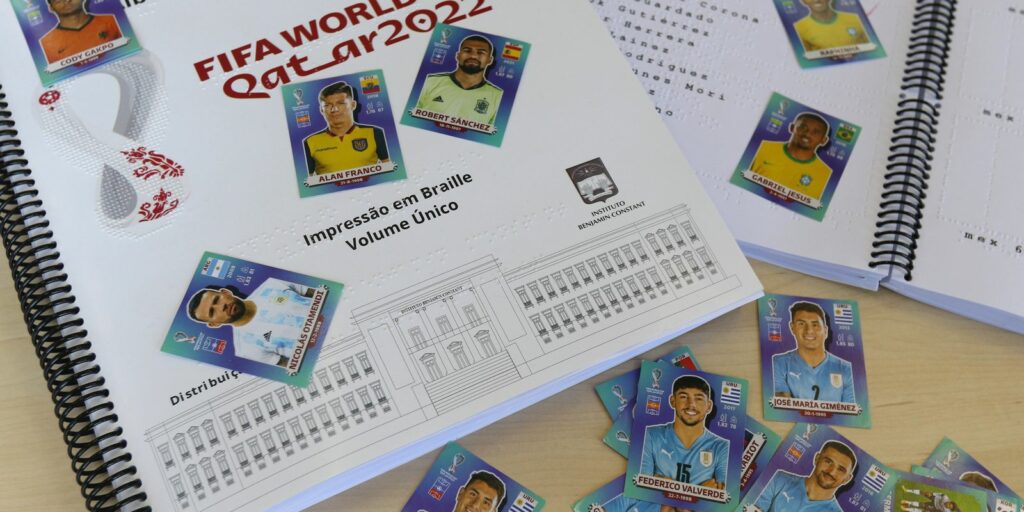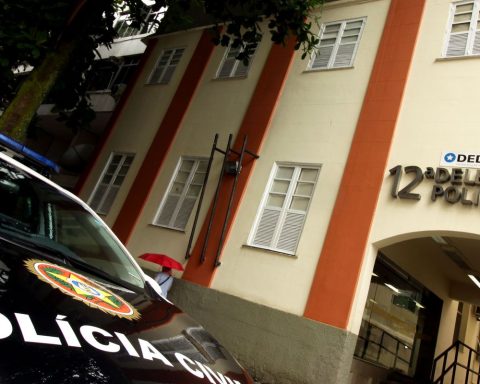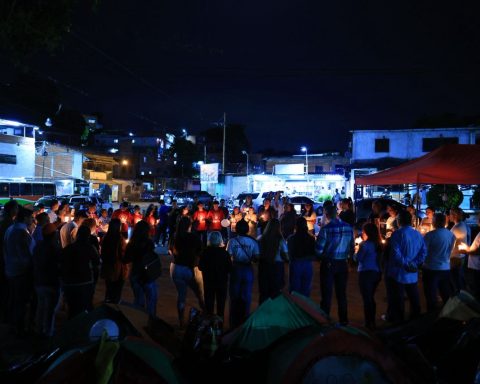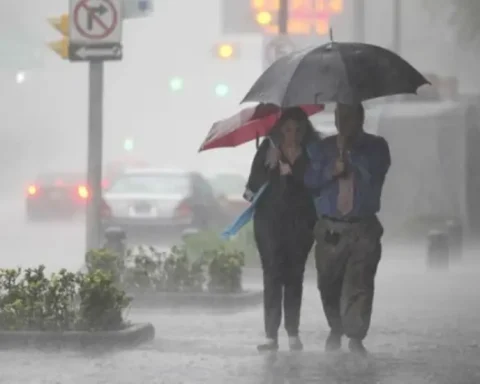Today, Sunday, the internal elections of President Gabriel Boric’s party, Social Convergence (CS), which aim to elect the new national leadership for the next two years, will conclude. In the elections that began during the early hours of this Saturday, the lists “Unidad para Transformar” -headed by Deputy Diego Ibáñez-, and “Convergencia con Todes”- led by the former candidate for mayor of San Ramón, Miguel Bustamante- are facing each other. .
This is a crucial day for the restructuring of the community that is part of the Broad Front and Approve Dignity, the coalition that symbolizes much of the transformative spirit contained in a government program that has not been able to be deployed according to its initial expectations, despite seven months after his arrival at the Palacio de la Moneda. In detail, in these elections, Social Convergence will elect its new national directorate, central committee, supreme court and regional court, in addition to its regional directorates.
In this regard, the deputy Gael Yeomans recognizes this election as an opportunity to summon the unity of the party, avoiding internal conflicts, which in her opinion, only benefit an increasingly empowered right, after the triumph of Rejection in the exit plebiscite . For the parliamentarian, it is essential to deploy a strategy that allows her sector – President Boric’s support base – to focus on the unrestricted fulfillment of the reform program committed to during his campaign.
-What are the main challenges of leading Convergencia Social?
-I believe that in these elections as Social Convergence, it is necessary to move to a new stage, not only renewing internal positions, but also requiring a leadership proposal from the party, which leads from unity, and that is why I have been involved in the campaign and in the candidacy of Diego Ibáñez, because it is a list of agreement and unity, and above all we do it thinking about the results of the exit plebiscite, thinking about the need for the party to put all its energy into the support for the Government, and the implementation of its program, and for that it is necessary to have a commitment to collective leadership that invites the party to undertake this path from unity.
-Being the party of the President, what is the specific weight that falls on you, in a complex governance scenario, such as the current one?
-We believe that a lot of responsibility falls on the party, in the challenge of resuming a commitment that allows the program to be implemented, and for that it is also necessary to retake social ties and reinforce and strengthen the unity of the parties that exist behind the Government as conglomerates, because it is the condition that exists to have the strength needed to carry out the reforms. In the current context, under the circumstances in which the plebiscite left us, it is necessary to have sufficient social and political strength to be able to promote government reforms.
-Why do you assume as a priority the reordering of forces, both in your party and in the rest of the Broad Front? What is your self-criticism? To what do you attribute the empowerment of the opposition, especially of conservative sectors?
-Because on the other hand we have a more reactionary right, which has been strengthening positions that are contrary to the social and democratic State of law, because they are not willing to advance in matters of social protection, when we speak, for example, of tax matters. , and the vote assumed by the opposition benches in the Finance Commission, which is demonstrative of that.
So, faced with this, we need the party not to get involved in internal fights or disputes, because in the face of that right, if we focus on internal fights we are preventing the transformation program from advancing. The party needs to focus all its energies, from this framework of action of unity and from a leadership proposal, towards the challenges that we face as a government party and, specifically, as the President’s party. Faced with these differences and internal disputes, today the one who wins is the extreme right, which is why our commitment is to strengthen the party, and we believe that with these elections we have that opportunity, where we must point to the roots of our project, which are linked in the social transformations that are a relevant part of the Government program.
– Where does the challenge of resuming a governability route with fewer storms pass? How do you think that government project that is built on the support of two coalitions can be renewed and revitalized? Is there a recipe to reconnect with that citizenship that allowed their arrival in La Moneda?
-First it happens to have common lines in political terms, of the views we have on the period of Government and the period that also touches us in Congress, of what are the objectives that we are putting on the table. In other words, it is about having a common political plan, and that is what the bet that we can install from Approve Dignidad and the Broad Front is going to be about, logically with the alliances that we have been building, and which we believe it is necessary to strengthen, with the rest of the parties that are part of the Government, in particular with the Socialist Party. And in these terms, we believe that our main challenge is for the Government to do well, where it is important that this be done by resuming a link with the citizenry, it being essential to resume a territorial agenda and dialogue in the communes, to rearm ties with social organizations. We need to have the social and political force that pushes the reforms, and the parties should be focused on this search, and our party in particular should make this one of the objectives that we take up again as government collectivities.









